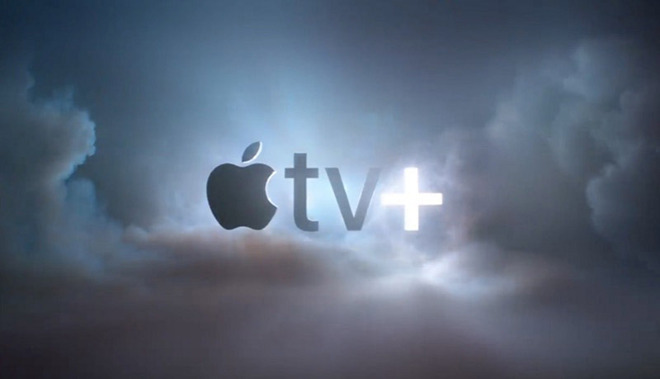The revelation about Apple’s relationship with Chinese officials keep on coming, as a new report from Buzzfeed News claims the Cupertino firm warned Apple TV+ content producers to avoid depicting China in a negative way.
As early as 2018, Apple was offering guidance to show producers to “avoid portraying China in a bad light.” The news reports sources say those instructions were given to producers by Apple software and services VP Eddy Cue, as well Morgan Wandell, Apple’s head of international content development.
The instructions are said to be part of Apple’s efforts to stay on the good side of the Chinese government, and to avoid a repeat of the April 2016 incident when China’s State Administration of Press, Publication, Radio, Film and Television shut down the iTunes movies and iBooks stores. due to Apple’s release of a movie banned in China.
One producer, who is not connected to Apple, told Buzzfeed News that Apple’s willingness to appease Chinese officials is not unusual in the U.S. movie industry as China has invested heavily in the industry.
“They all do it,” said the showrunner. “They have to if they want to play in that market. And they all want to play in that market. Who wouldn’t?”
The publication also spoke with an app developer who said getting pushback from Apple over an issue related to China is not unusual. “It’s not a line of communication that would be open to any discussion,” said the U.S. developer. “They have so much market power in general and they wield that pretty indiscriminately.”
Apple has been under increased scrutiny lately, following a move by the company to ban the HKmap Live app from their App Store, based on information that it had received that the app was being used target individuals, property, and police.
That same day, it was revealed that Apple had removed the Quartz app from the App Store in China, after complaints from the Chinese government about content in the news app that is illegal in China.
It was also revealed over the weekend that Apple’s Safari browser on the Mac and iOS platform was sending user information (including IP addresses), to Chinese internet giant Tencent.


